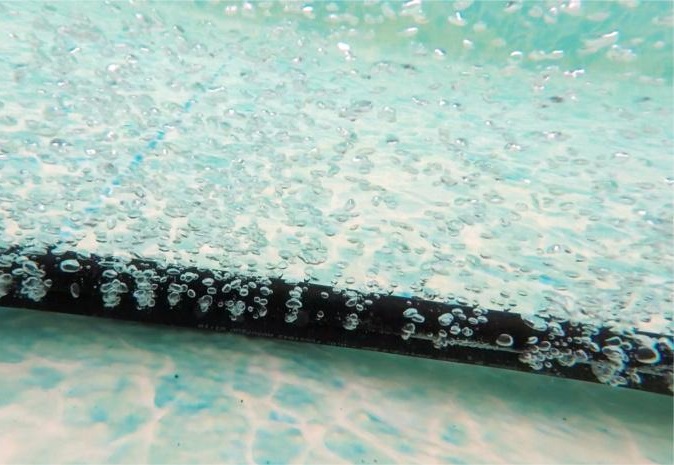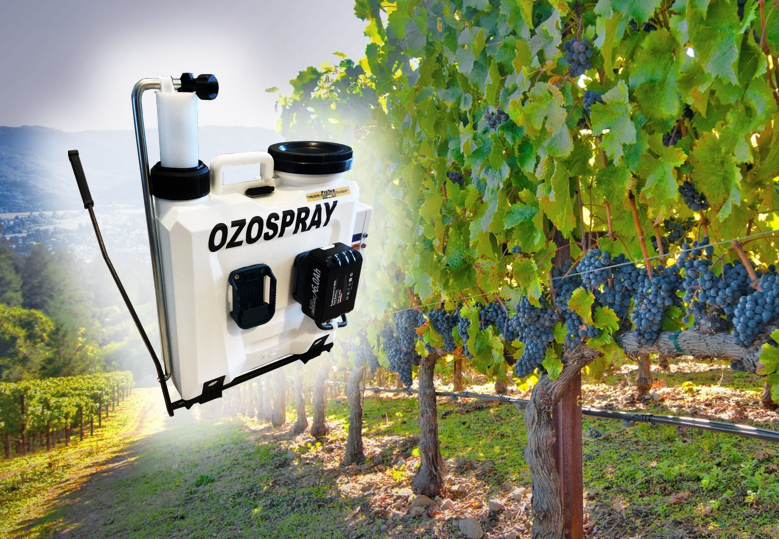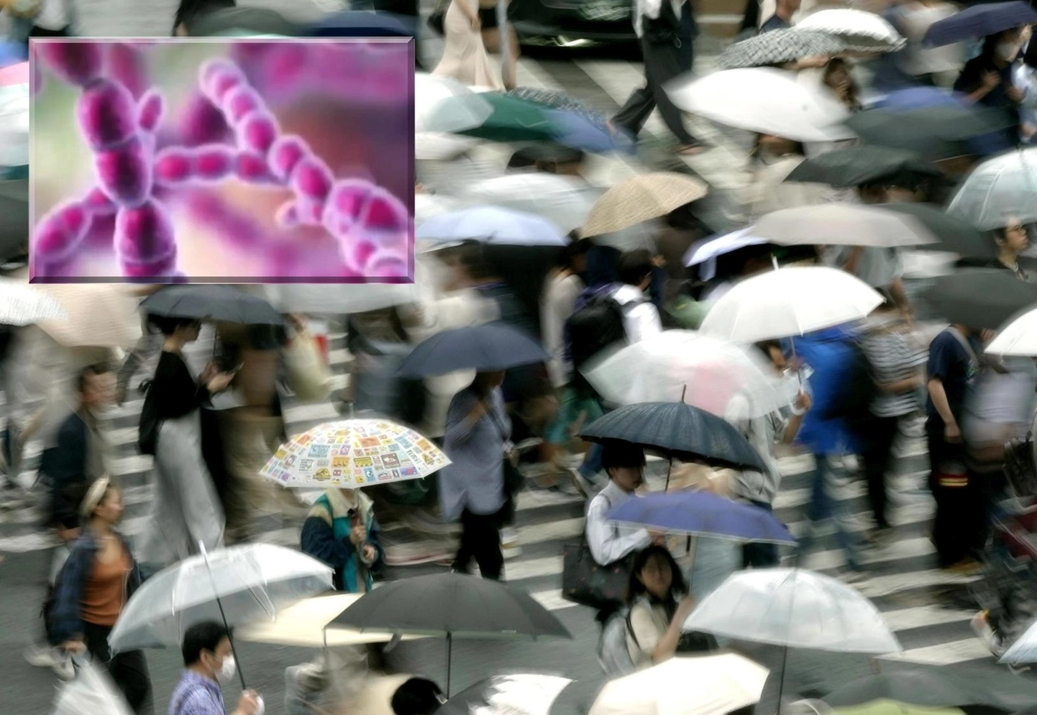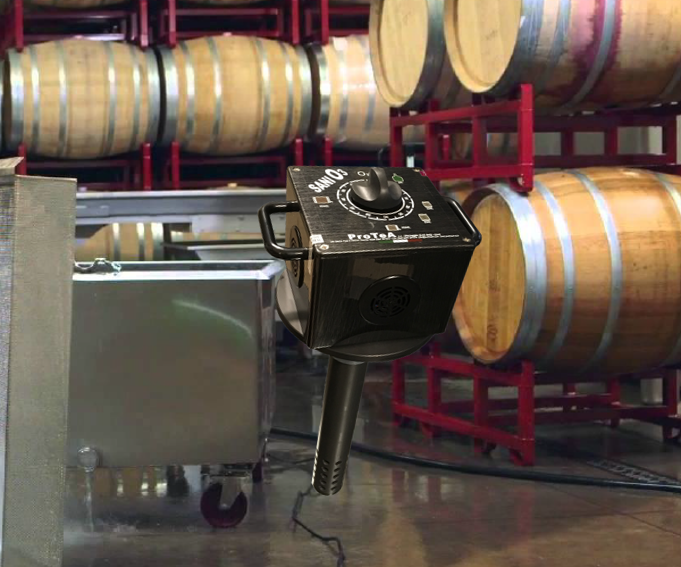
Ozone in Winery

Gaseous Ozone or Ozone dissolved in water in the form of ozonated water has been used for many years as a sanitizing product in wineries and breweries. The advantages that push Companies to choose Ozone for their winery or brewery are numerous and can be divided into qualitative, environmental and economic benefits: let’s see them in detail!
QUALITATIVE BENEFITS
- Elimination of the microbial load without the addition of chemical agents which can alter the natural aroma of the final product.
- High broad spectrum microbicidal power. Possibility of obtaining a high quality wine avoiding aromatic alterations due to contamination by molds, bacteria, yeasts and fungi naturally present on grapes.
- Elimination of persistent chemical substance residues (pesticides, herbicides), generally used on grapes in pre-harvest treatments and inevitably persistent on the final product.
- Elimination of the formation of bioproducts deriving from chemical reactions between detergent substances such as chlorine (used in the sanitization phase of tanks) and particular bacterial strains, which can be harmful to human health and alter the quality of the final product.
- Maintenance of the organoleptic properties of grapes and wine, thus producing a wine of high qualitative value.
- Complete absence of chemical residues in the wine.
ENVIRONMENTAL BENEFITS
- Reduction in CO2 emissions compared to the production of conventional industrial synthesis detergents.
- Complete absence of contaminating residues.
- No waste of water.
- Ozone, if used correctly, is not a harmful product for people.
ECONOMIC BENEFITS
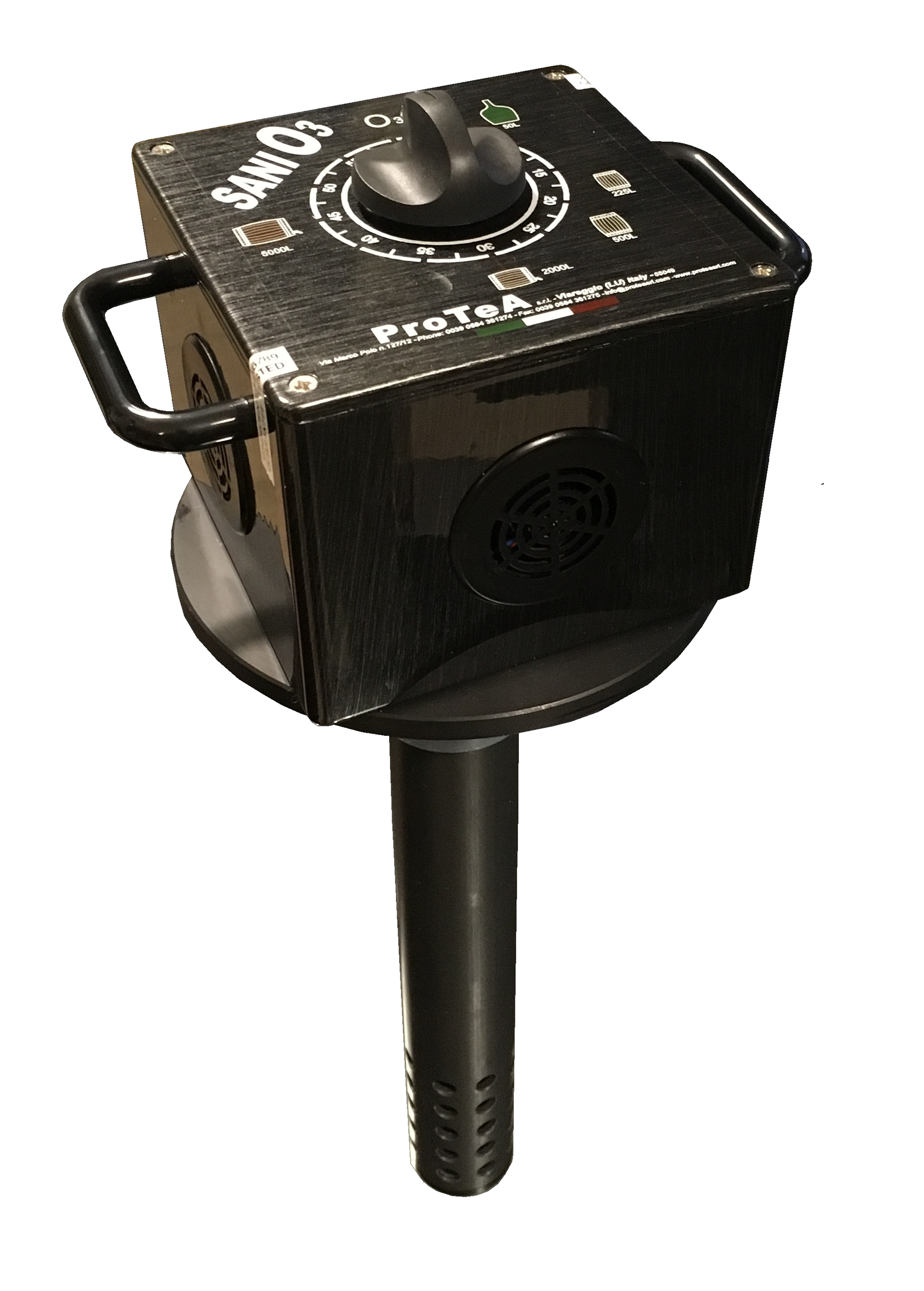
Fig.1 SANIO3 – Barrel sanitation ozonizer
- Low energy consumption (steam, for example, requires higher energy costs than those required for the production of Ozone).
- Reduction in water consumption and recycling possibility. Ozonated water is microbiologically pure even after the conventional washing processes of all the equipment in the winery. The overall result is a water saving that can reach 30-50%.
- Elimination of costs due to the purchase and storage of detergent chemicals and their necessary disposal.
The main applications of Ozone in wineries and breweries will now follow.
OZONE BARREL SANITATION
Using ozone and ozonated water to sanitize the barrels allows you to avoid contamination between different batches of wine and to effectively manage the annoying problem of Brettanomyces bruxellensis. Ozone, since it does not permeate the wood, does not damage the barrique and does not alter the organoleptic characteristics of the product. For this reason, ozone is increasingly used as a substitute for sulfur (and other similar products) for the sanitization of these precious containers.
SANITATION OF SURFACES, EQUIPMENT AND TOOLS
Ozonated water can be used to regularly sanitize a wide range of surfaces and equipment, to control unwanted microbes and avoid contamination between different batches of wine: harvest containers, shredding and destemming machines, conveyors, floors, bottles, bottling equipment, etc.
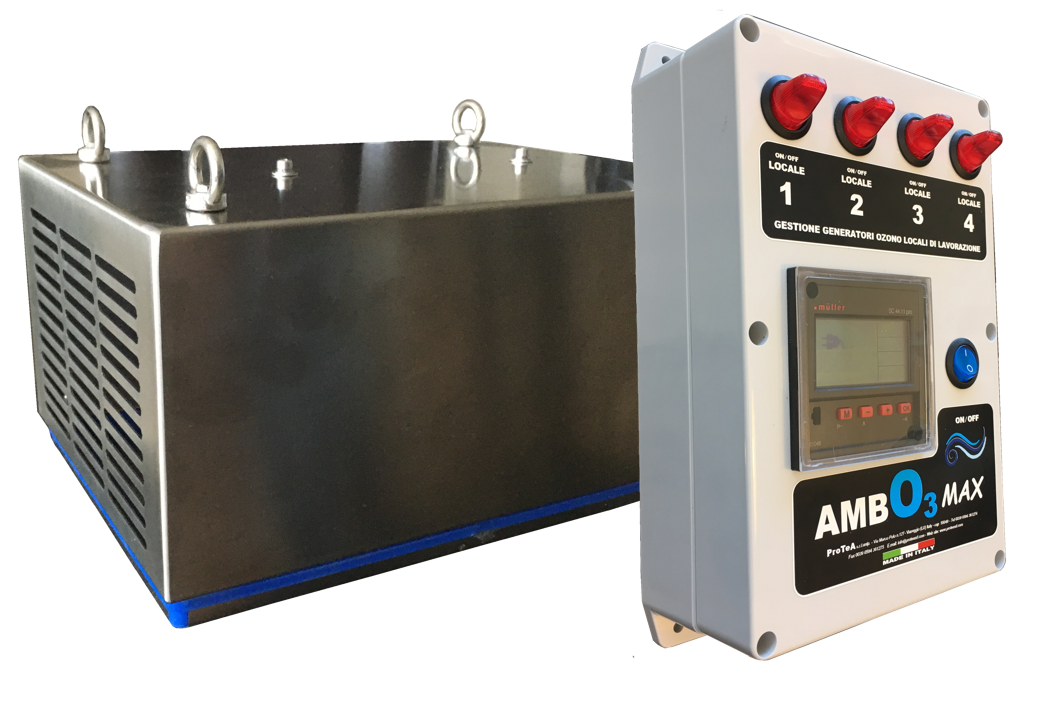
Fig.2 AMB O3 MAX – Rooms and cellar sanitation
ROOMS AND CELLAR SANITATION
High levels of humidity often lead to the formation of mold, fungi and bad smells, compromising the healthiness of the cellar. To contrast this phenomenon, it is possible to spread gaseous Ozone regularly to sanitize these environments.
CLEAN-IN-PLACE (CIP) OF PROCESS AND TRANSFER PIPES
The highest risk of contamination in the winemaking process derives from the forced transfer of the wine inside the different containers. For this reason, strict measures must be taken for CIP processes. However, the use of soaps, detergents, pressurized water and chemicals such as chlorine or iodophore solutions for cleaning, involves numerous rinses, often with hot water or steam, in order to remove residues. This results in a considerable consumption of water and chemical additives. Ozone, already an integral part of CIP sanitization in the food industry, is a natural choice for winemaking plants as it saves time and costs.
SANITATION OF SILOS, TANKS, CONTAINERS AND OTHER RECIPIENTS
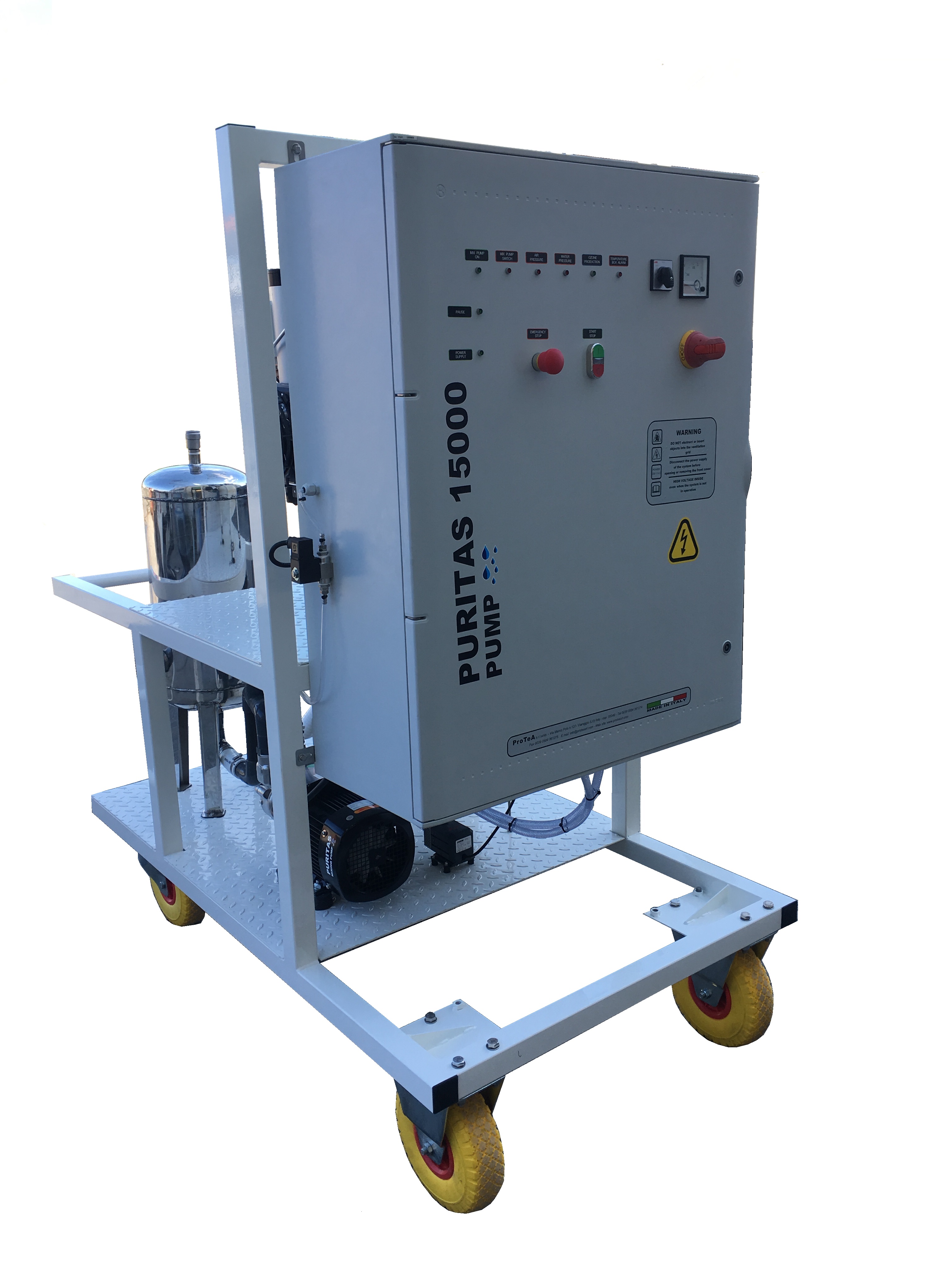
Fig.3 PURITAS PUMP Series – Ozonated water for surface sanitation in wineries
The use of ozonated water is recommended not only for initial sanitation but also to rinse the containers before filling. Sometimes, silos and tanks can remain empty for more than a week: for this reason, rinsing the tanks with ozonated water or placing gaseous Ozone inside them guarantees proper sanitation.
TREATMENT OF GRAPES IN COLD ROOMS
Grapes are a very delicate and sensitive fruit to decay; particularly harmful is gray mold (Botrytis cinerea). Moreover, the temperature changes inside the cold room form condensation and humidity which can accelerate the formation of fungi. Thanks to its sanitizing action, Ozone is able to block the development of the surface microflora (bacteria, pathogens, microorganisms, viruses, molds, etc.).
Finally, Ozone is used even in the previous phases such as in viticulture in the form of ozonated water for:
- The elimination of fungal diseases that affect the vineyard such as powdery mildew, downy mildew and botrytis.
- The invigoration of the plant. A more vigorous plant is also better able to defend itself against external attacks (diseases, parasites, etc.).
- The removal of infesting parasites. Through regular treatments, ozonated water is able to create an inhospitable environment for insects and parasites over time.
- The sanitation pre-treatment of the land before planting the seedlings.
- The elimination of algae, heavy metals (eg iron and manganese) and related bacteria present in irrigation water, artificial basins and inside pipes – all aimed at maximum water reuse.
Whatever the goal to be achieved, from deodorization to sanitizing the containers in a natural and effective way, do not hesitate to contact our offices for more information and support: we will be able to advise you on the system that best suits your needs and your Company production process. Contact us by phone at +39/0584/361274 or by email at info@proteasrl.com

